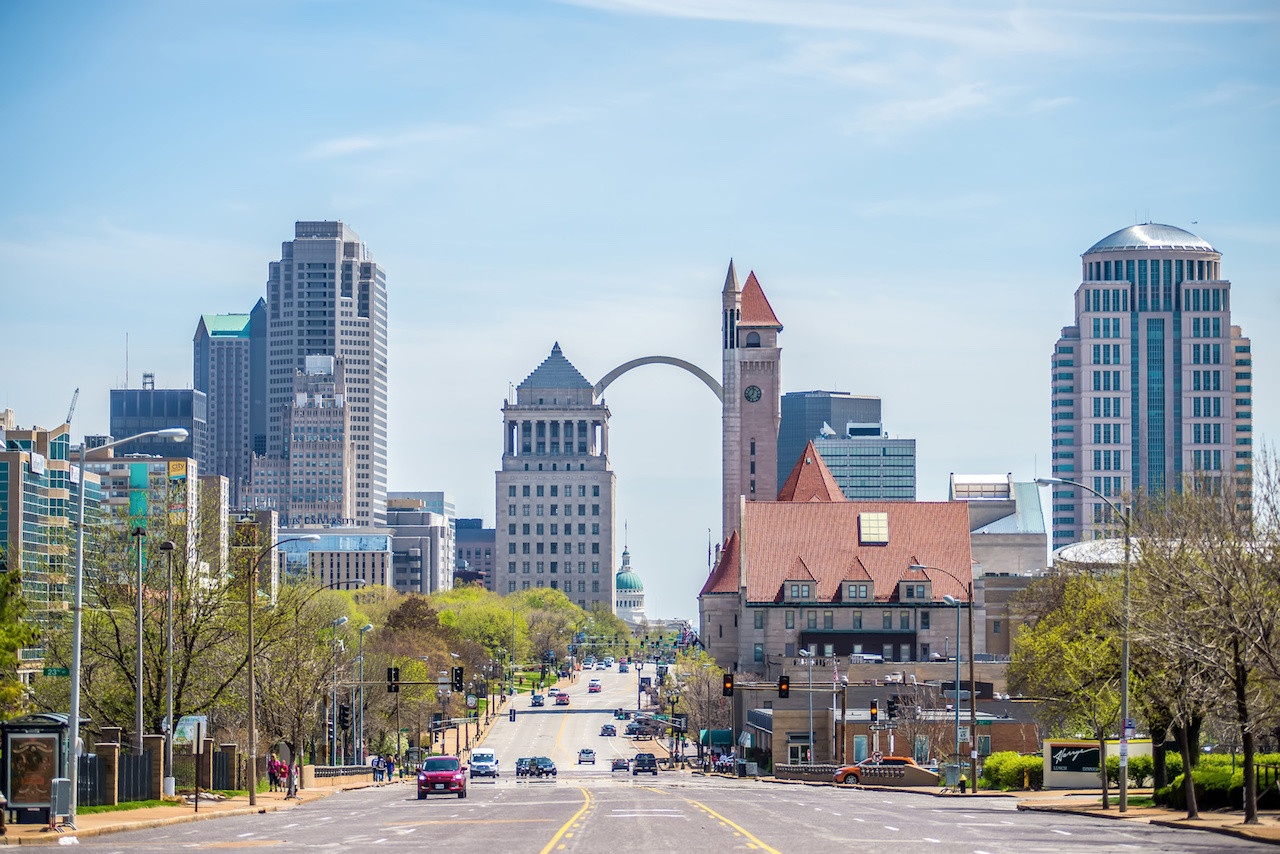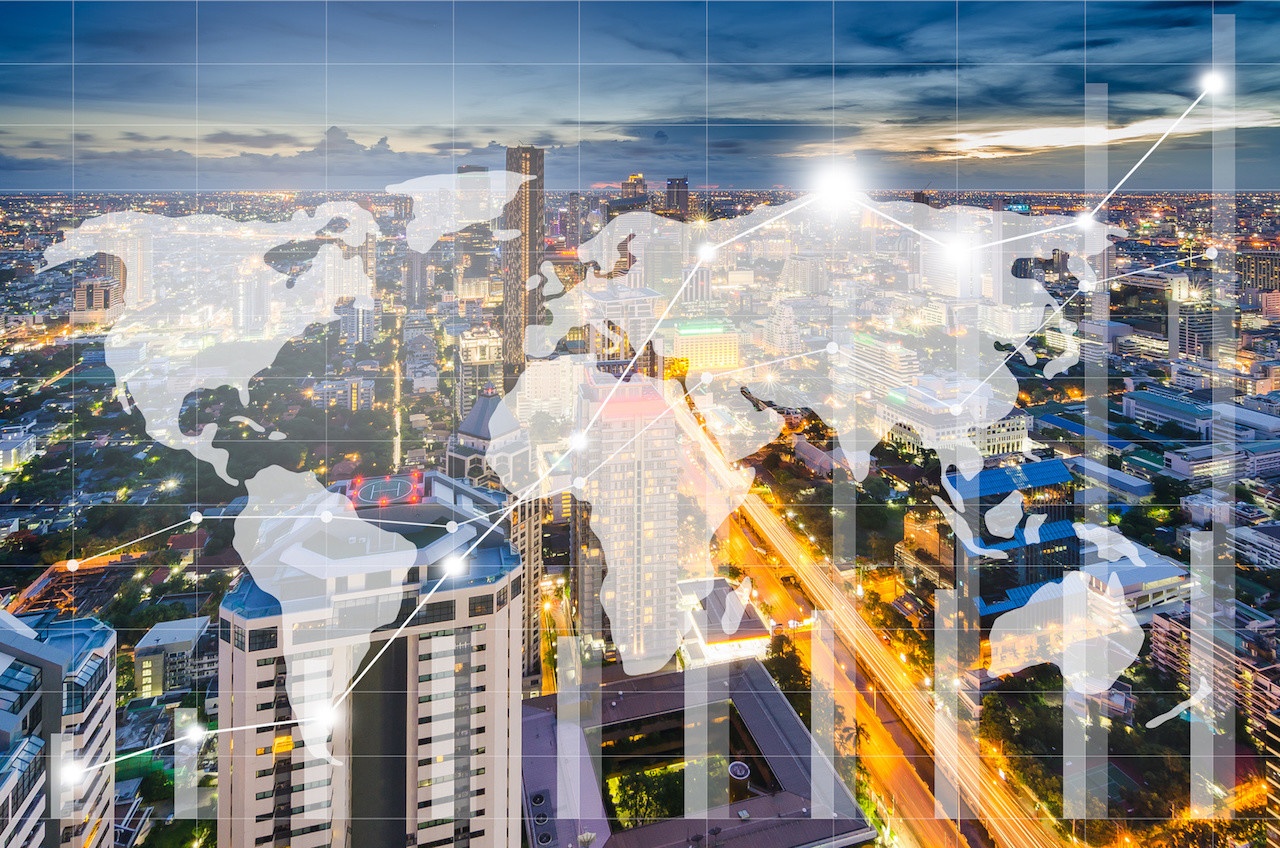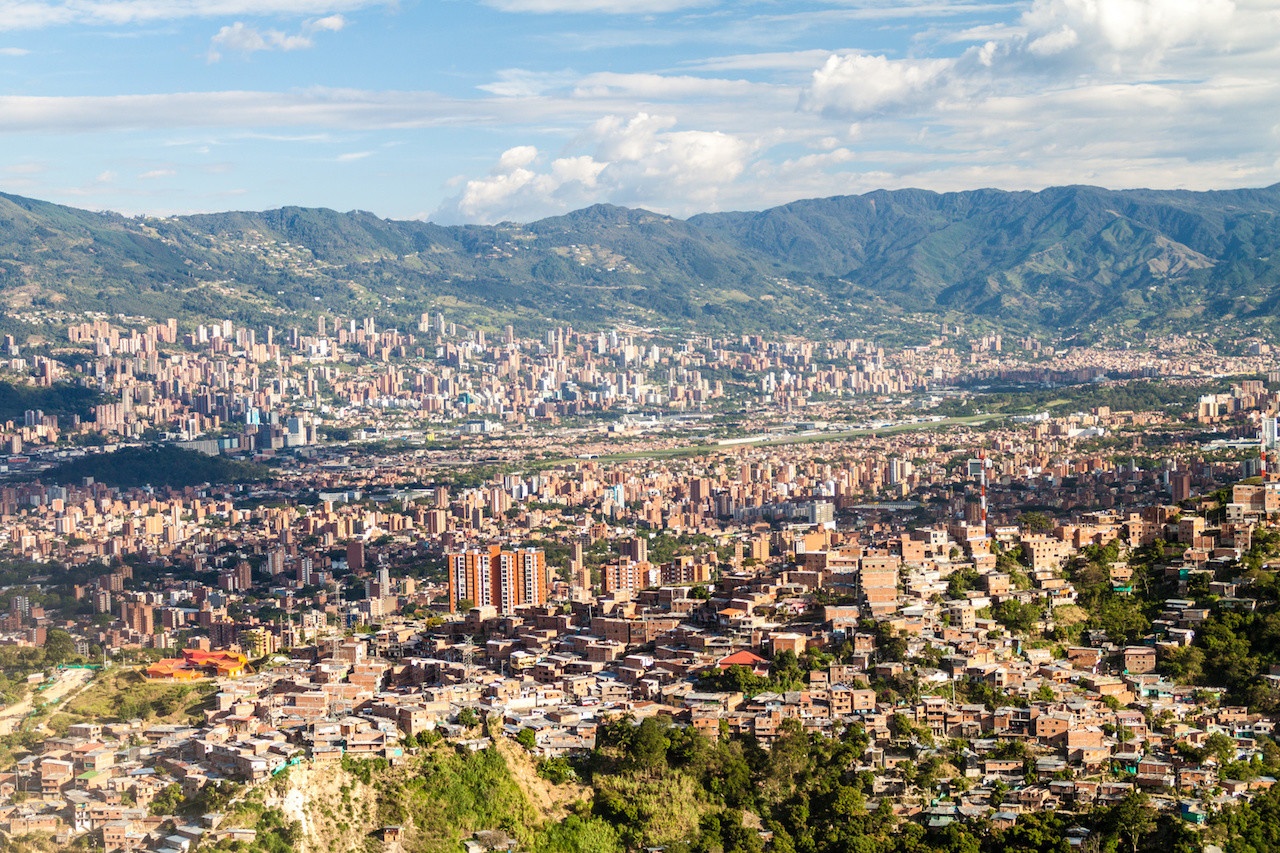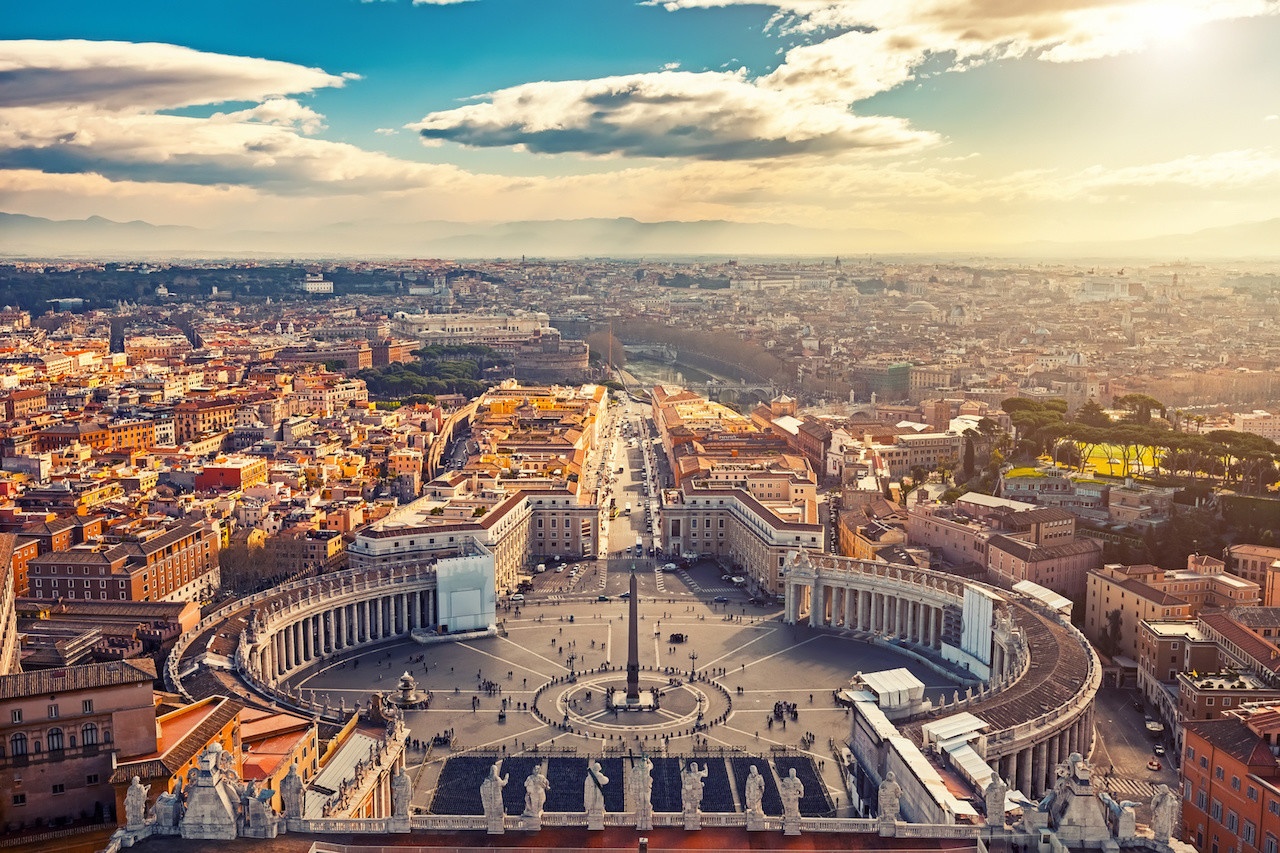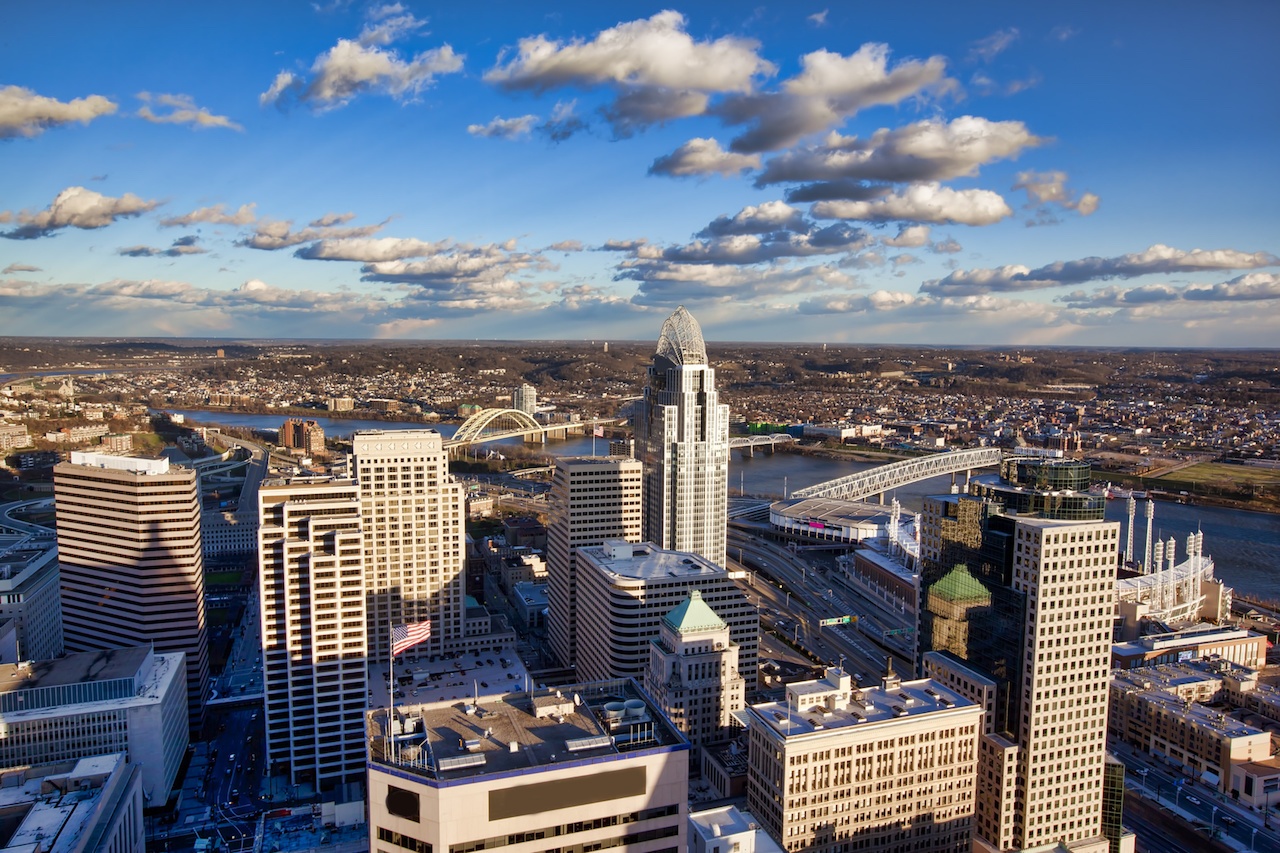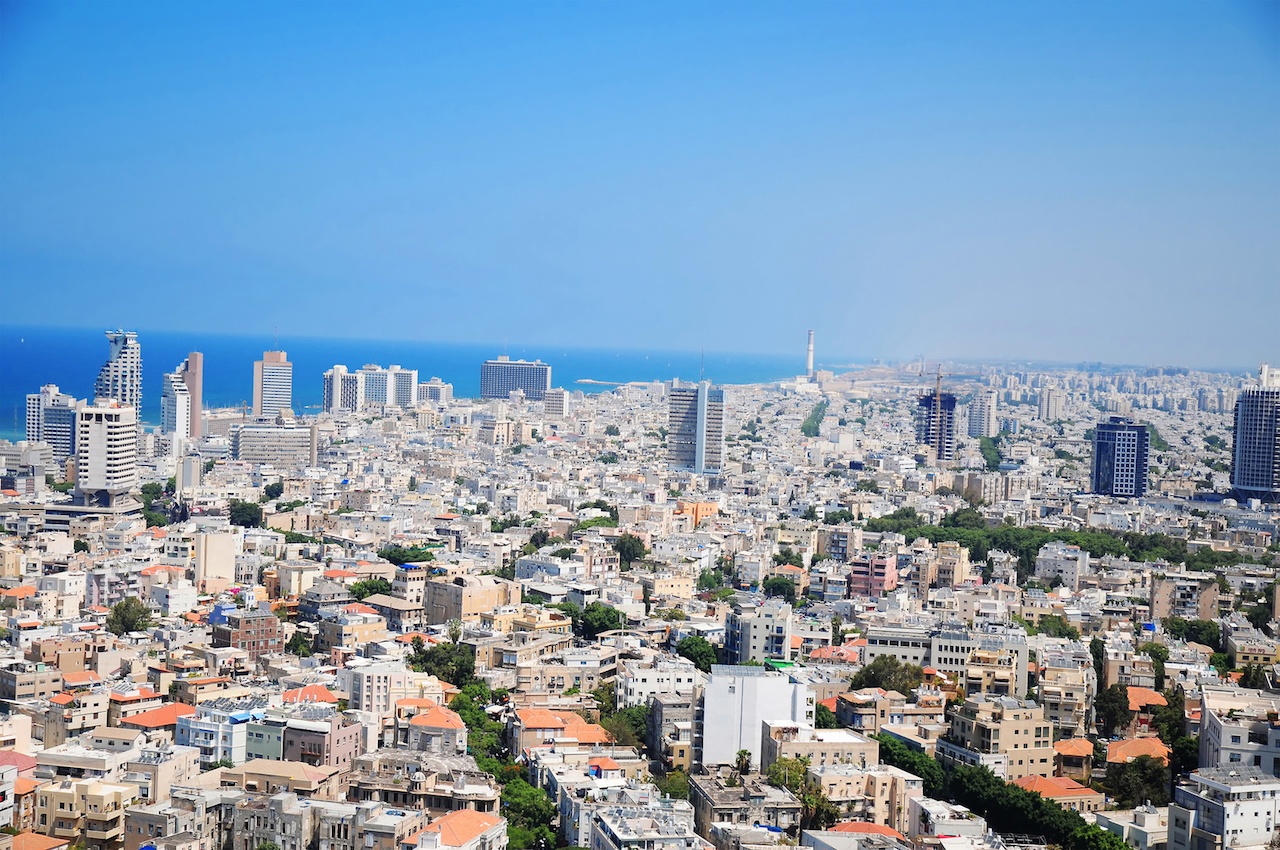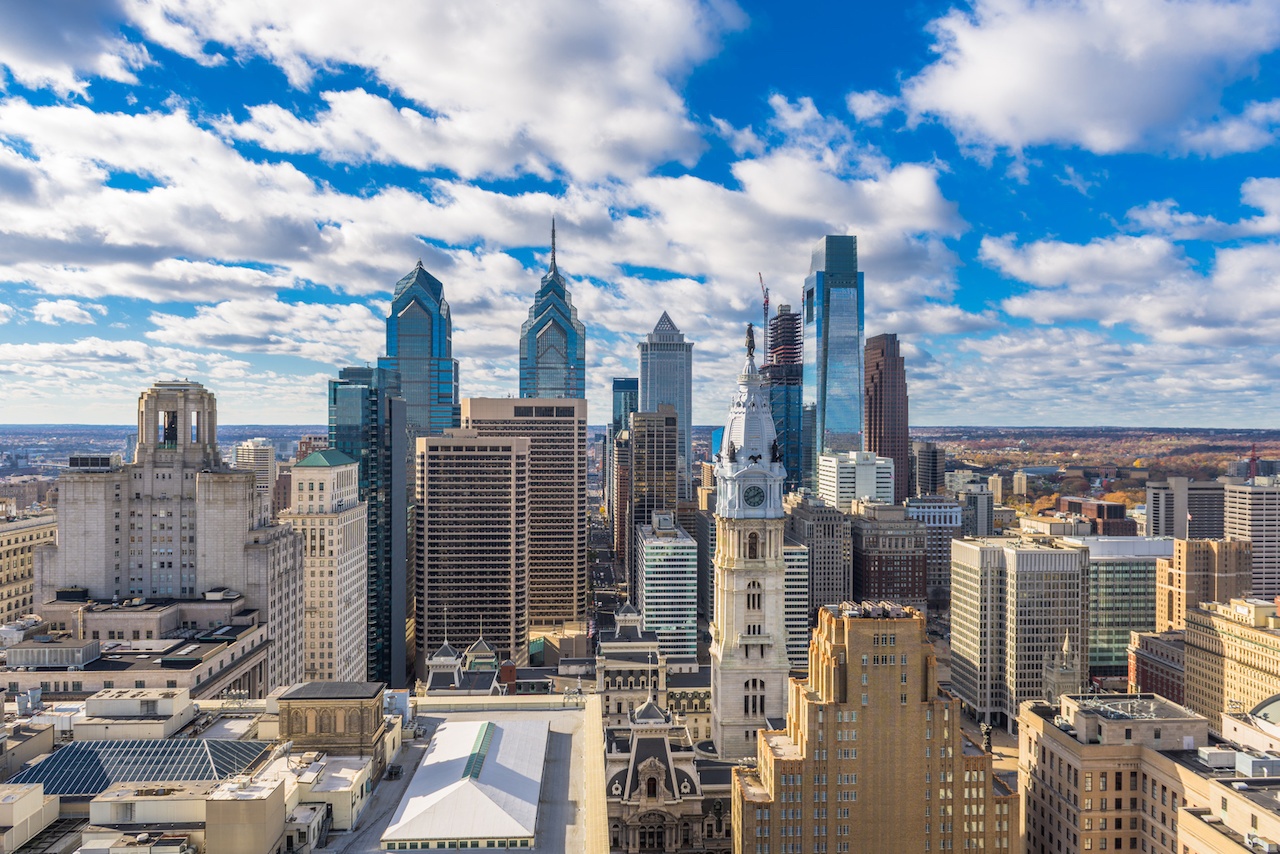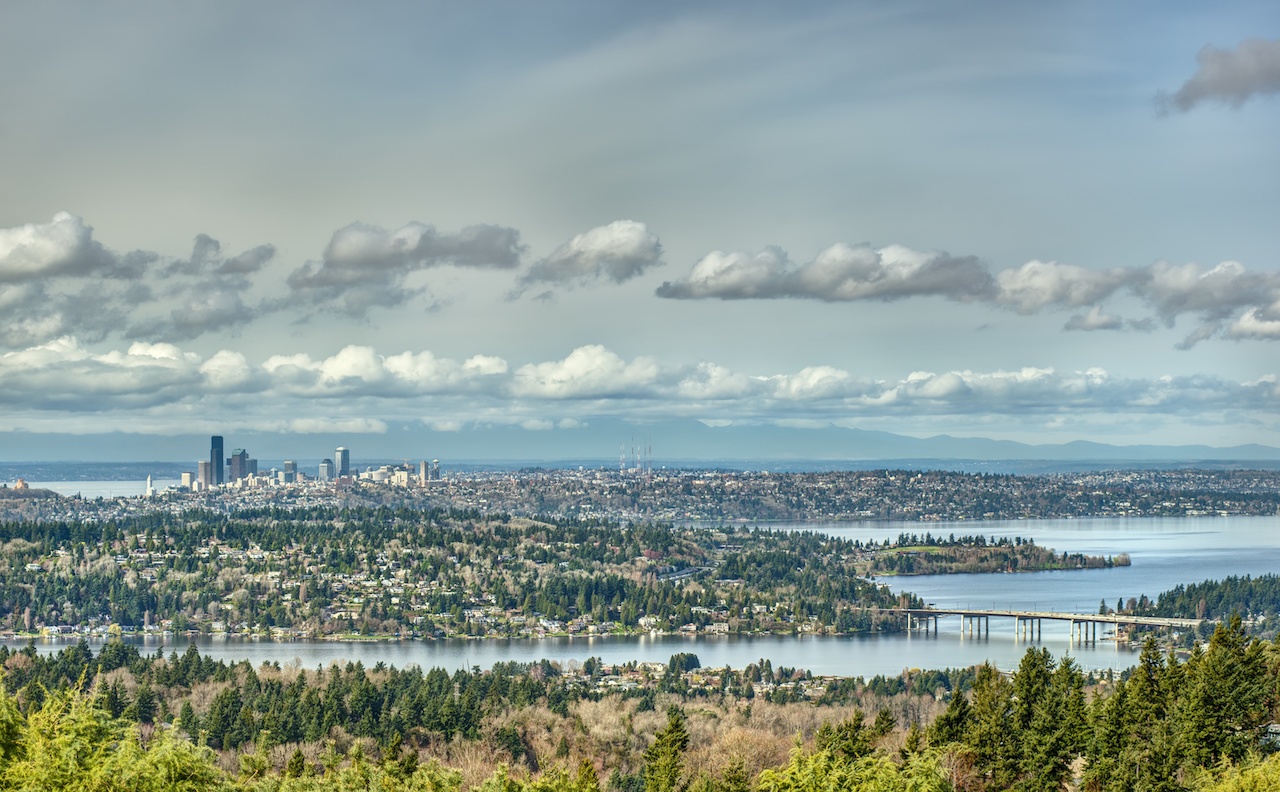Technology
A broad category of content focused on technology in cities.
Examples: IoT, privacy, software, hardware, innovation, connectivity
4 Strategies to Fix Citizen Engagement
As we strive to build Smart Cities, the need for strong citizen engagement has never been more crucial. Can a City really be described as ‘Smart’ if it makes changes without consulting with a diverse sample of the citizens affected by these changes before, during, and after projects are implemented? Will citizens adopt Smart Initiatives if they aren’t part of the decision-making process? Recent case studies suggest not.
Blockchain is Making Distributed the New Default
Today’s blog post is part II of Peter Coffee’s series on blockchain. “The future of many things, based on blockchain and the larger family of connection-intensive and cooperative data models, is here – because it is distributed.”
Dates and Deliverables from Blockchain
It’s easy to say that blockchain is the future, but it’s been observed that people who describe the future are merely futurists. “Those who can tell when a technology will reach the market? We call them Billionaires.” Can we say anything useful, and even slightly rigorous, about when this will matter to a larger group than technology’s chattering classes?
How to Design a Successful Open Data Program
Medellín is special in that established local companies, NGOs, startups, students, and private citizens are all extremely dedicated to making their city a better place. It is part of the reason the city has been able to make so much social progress in such a short period of time. Thus, the Consejo de Datos Medellín (The Data Council Medellín) was born. Made up of representatives from the public sector, the city’s largest companies like Bancolombia and Sura, universities like UPB and EAFIT, startups, civic tech groups, and engaged citizens, the Consejo is a forum for open dialog about the city’s challenges, as well as a launching pad for data-driven projects that wouldn’t be possible without collaboration and input from all its members.
Artificial Intelligence for Roadway Maintenance
The growing autonomous vehicle fleet, together with countless truck and passenger vehicle fleets on the road now, will be instrumental in passively – read inexpensively – gathering timely, precise, and local data that is so essential to better roads. With success, the centuries old process of manual inspection will be replaced with a more cost-effective methods for monitoring roads.
The Cognitive City
Designers, planners, developers, and architects are trained to look beyond the boundaries of their project or site. The larger environment, history, culture, and economies shape the urban landscape whether for small sites, neighborhoods, districts, towns or cities. The metropolitan region is now the platform from which cities interact with the globe. As a result, every project must push beyond static jurisdictional boundaries or simple property lines to the regional context. Expanding the domain always leads to more sustainable and powerful schemes. It is essential for planning in the 21st century.
Intelligent Urban Watersheds
Over the last few decades, hydraulic and hydrologic modelers have dramatically increased our understanding of urban watersheds; namely the built wastewater and stormwater infrastructure within their respective urban environments. These models have been manually tuned...How Smart City Policy Can Support Electric Vehicles
If cities wish to obtain the environmental, public health, and quality of life benefits of electric vehicles, they will need to plan for the dramatic expansion of electric vehicle charging infrastructure.
Urban Planning in 3D: How Creating a Digital Twin Leads to Smarter Cities
“The ancients built Valdrada on the shores of a lake, with houses all verandas one above the other, and high streets whose railed parapets look out over the water. Thus the traveler, arriving, sees two cities: one erect above the lake, and the other reflected, upside down. Nothing exists or happens in the one Valdrada that the other Valdrada does not repeat, because the city was so constructed that its every point would be reflected in its mirror”
– Italo Calvino, Invisible Cities
Will Blockchain Be the Secret Sauce for Smart Cities?
The fully realized smart city is rapidly taking shape. Bloomberg New Energy Finance reported an increase in major public-private smart city technology deals to 35 global cities in 2017, up from eight in 2016. Blockchain will further accelerate that progression. Smart cities started in the early 2000’s with broadband and progressed to solution architectures such as LED lighting systems, where now digital services using predictive analytics built on the Internet of Things generating Big Data are becoming prevalent.
Now we are entering an era where, thanks to blockchain, there will be a way to keep a running tally on transactions to provide frictionless financial settlements, claim processes, energy generation, and so much more.

